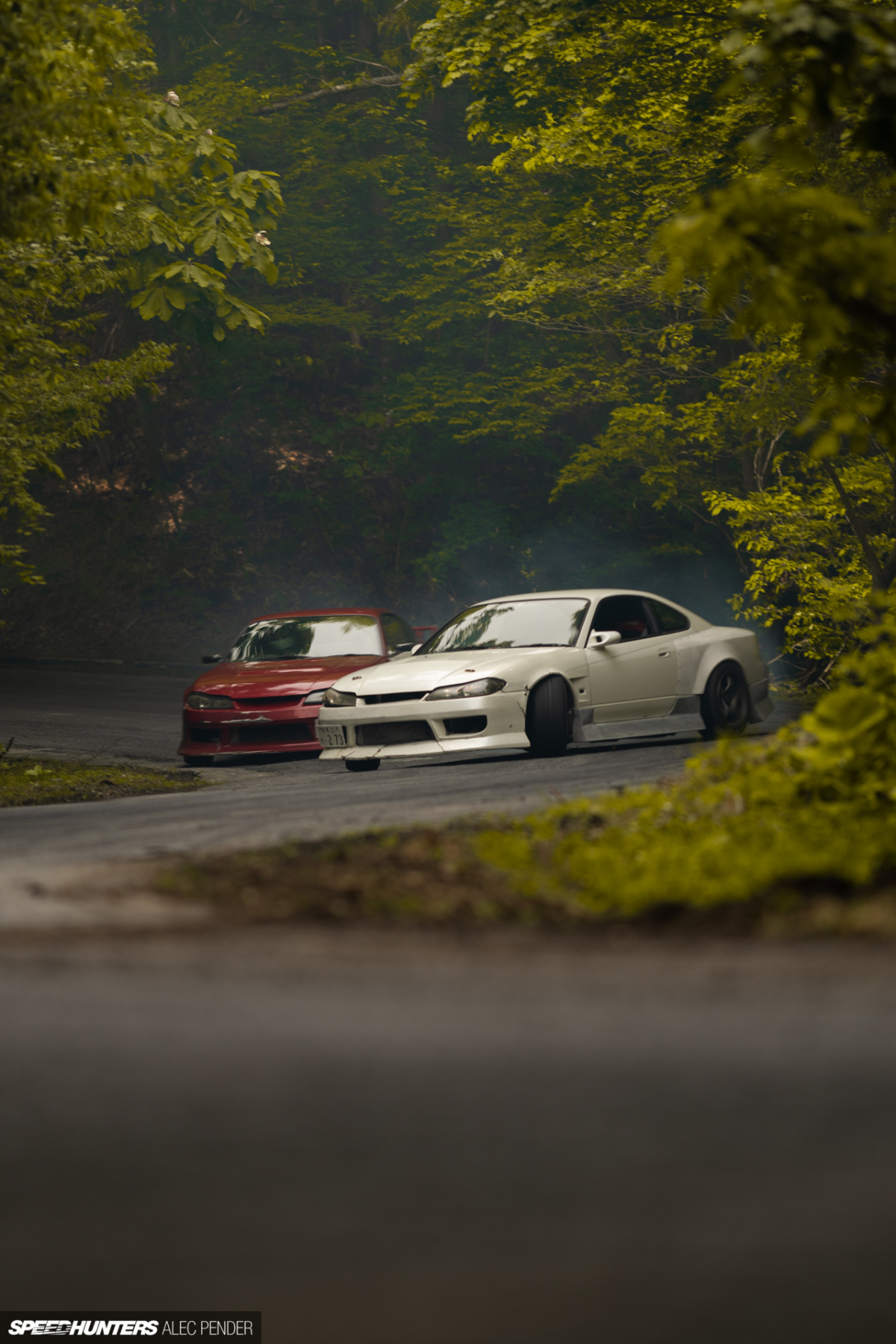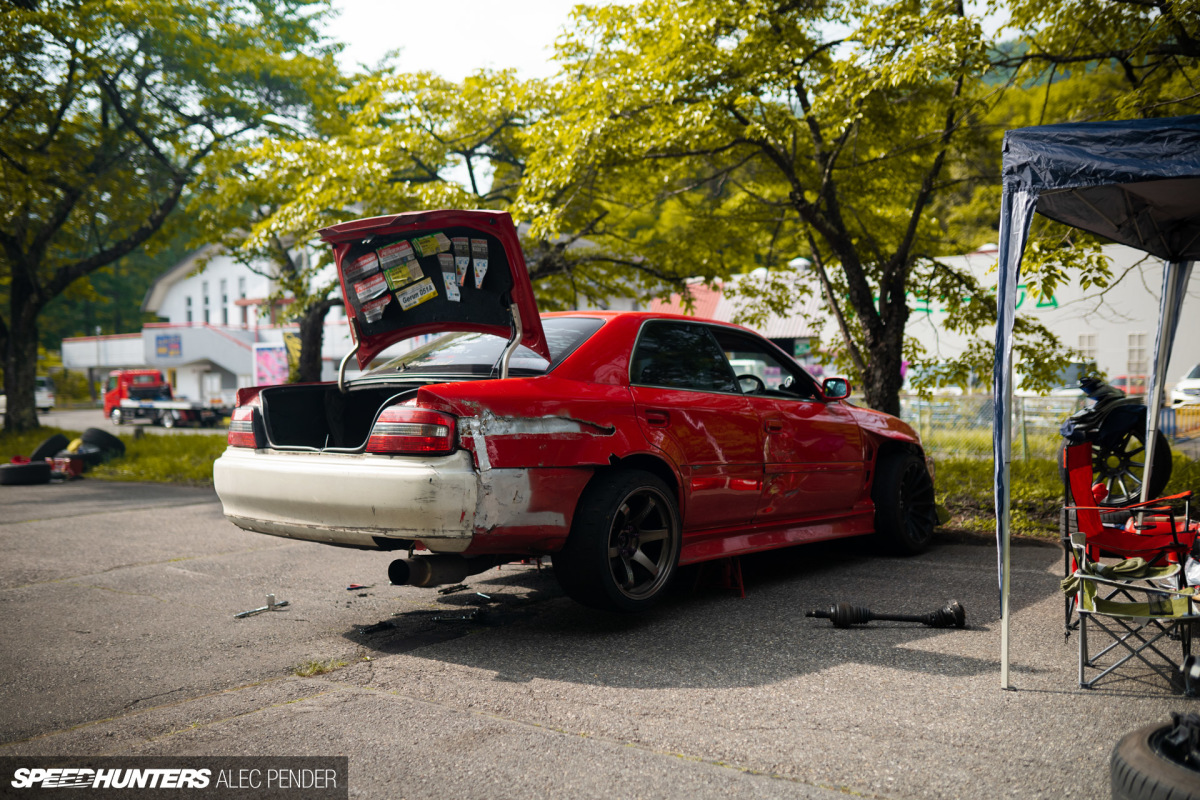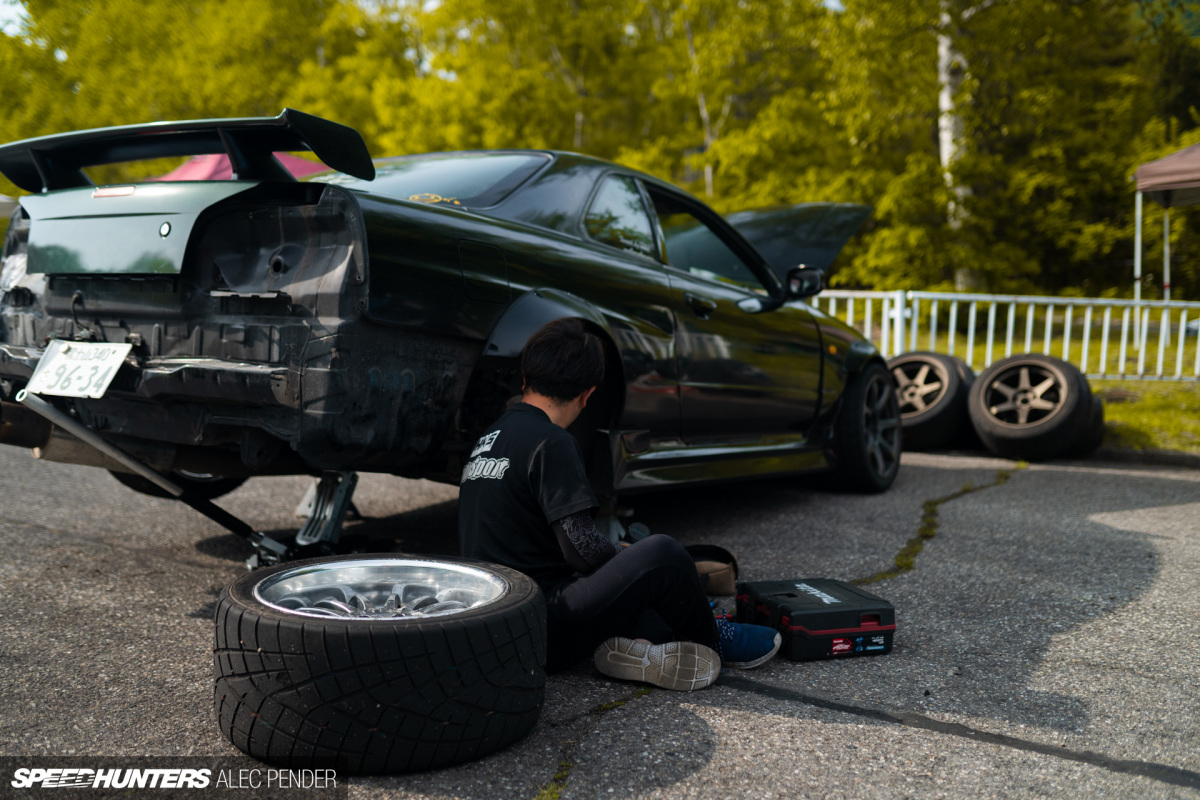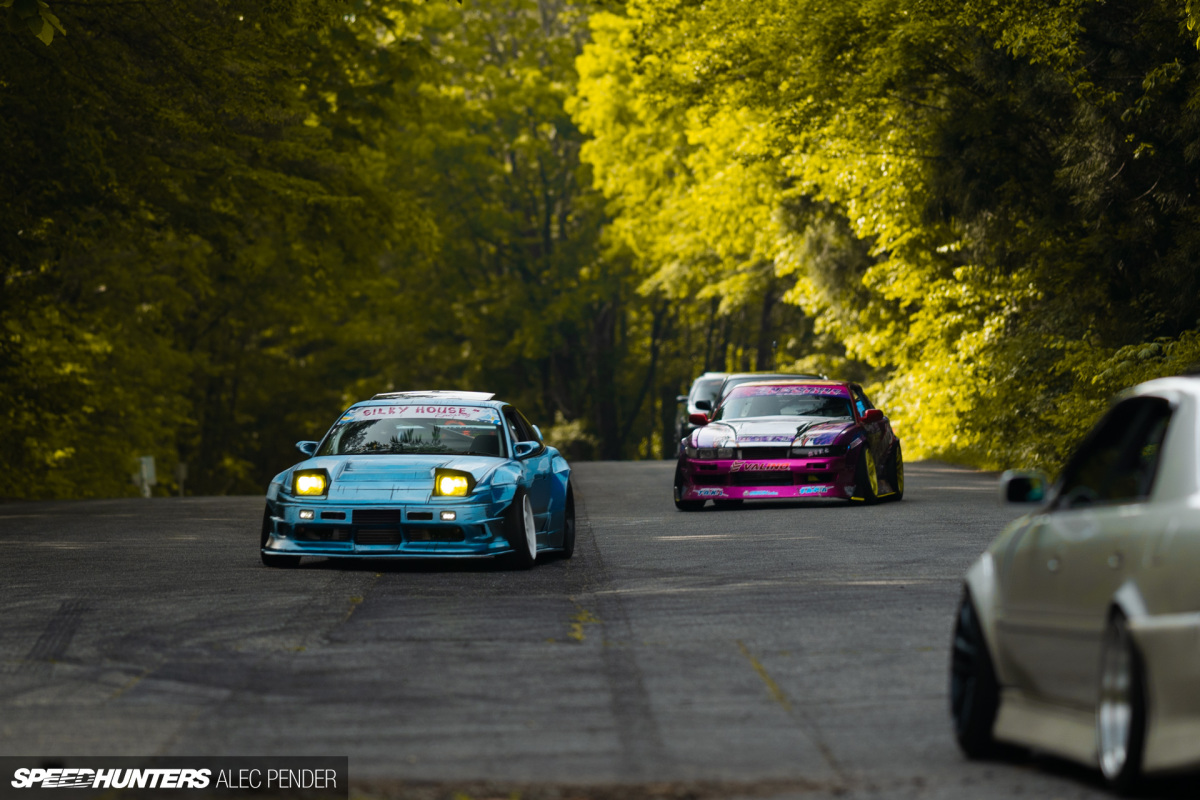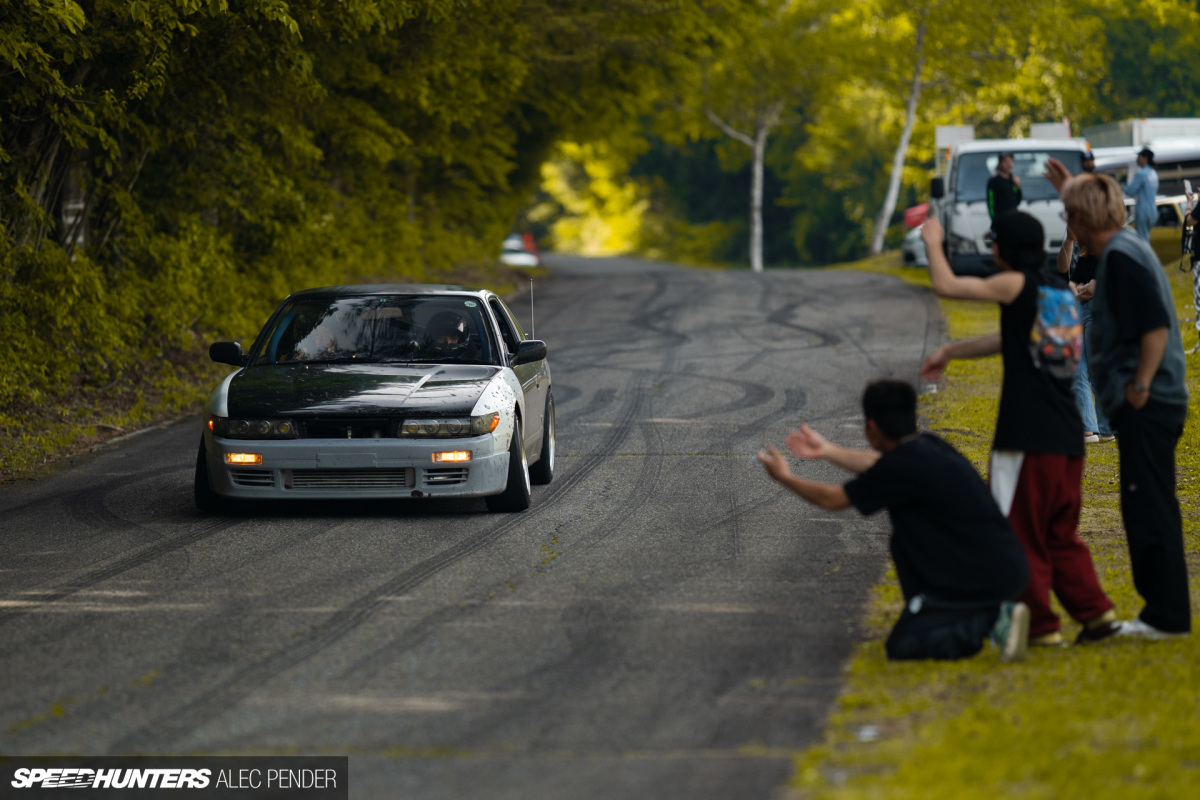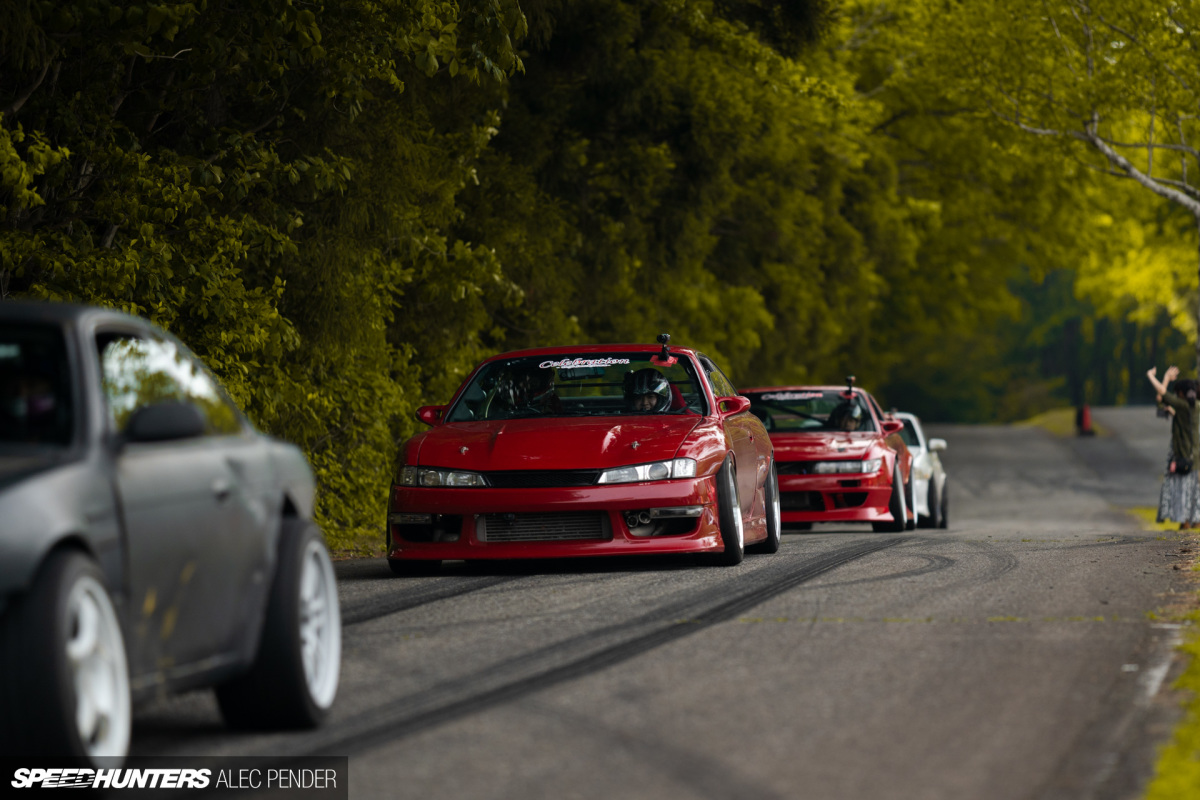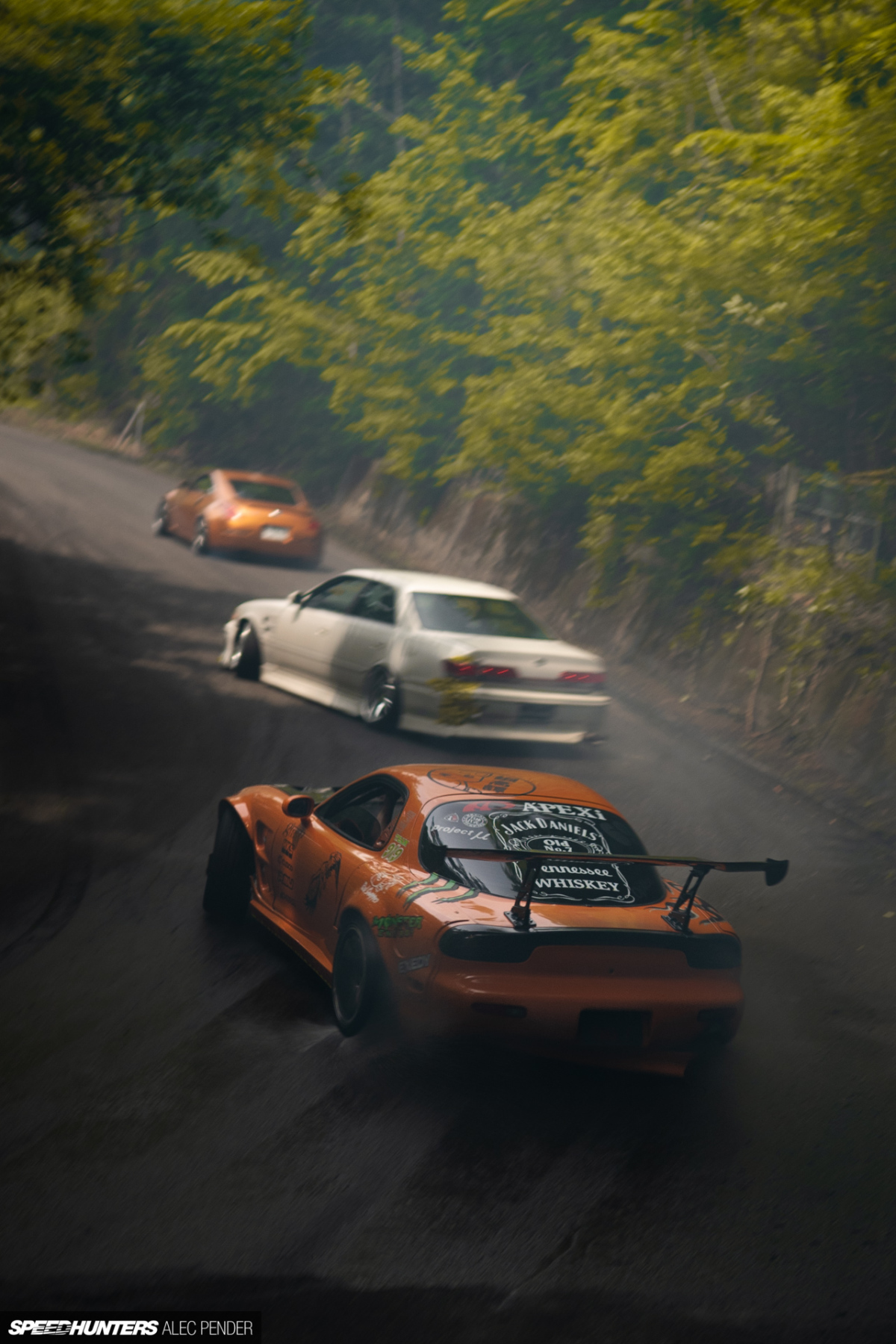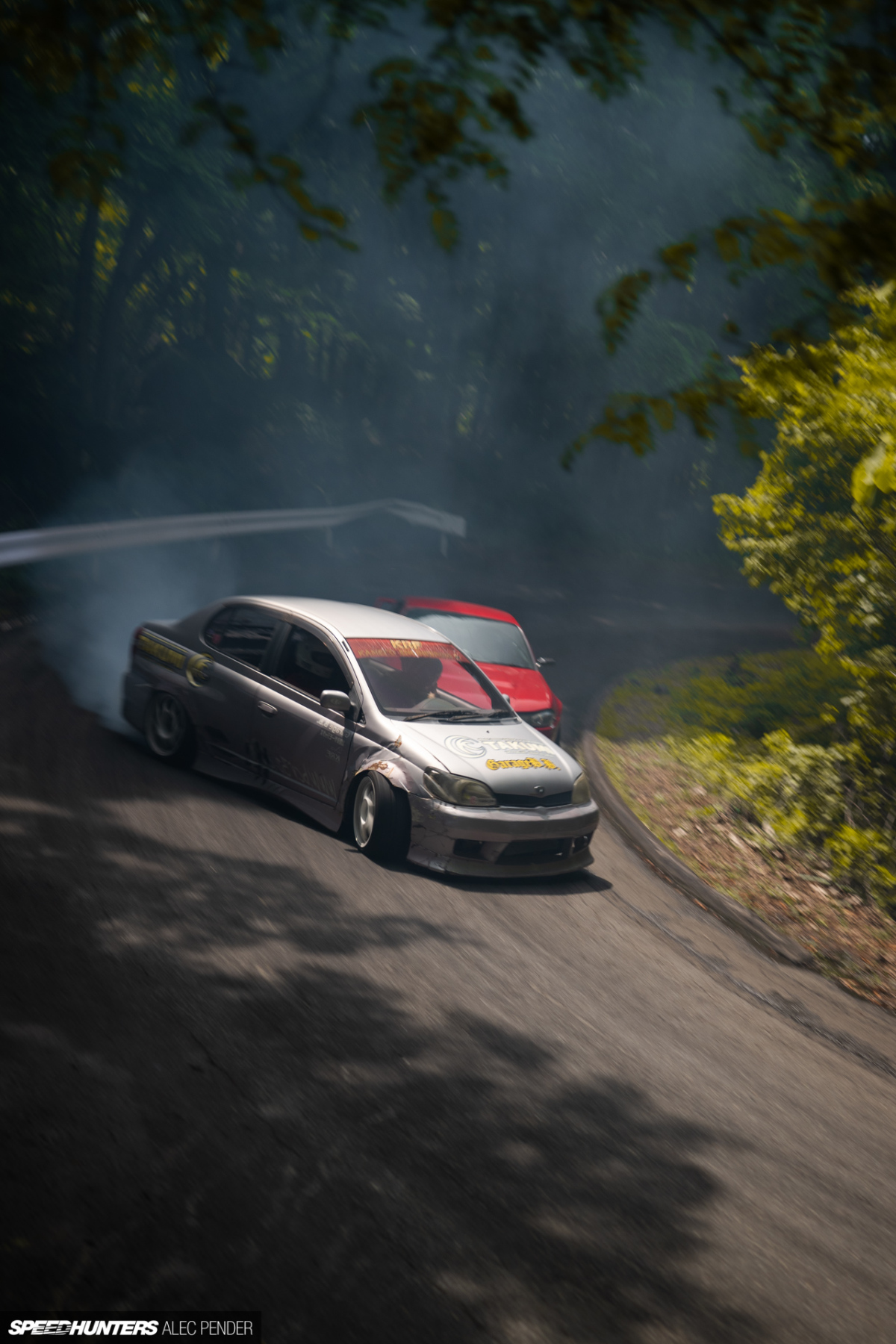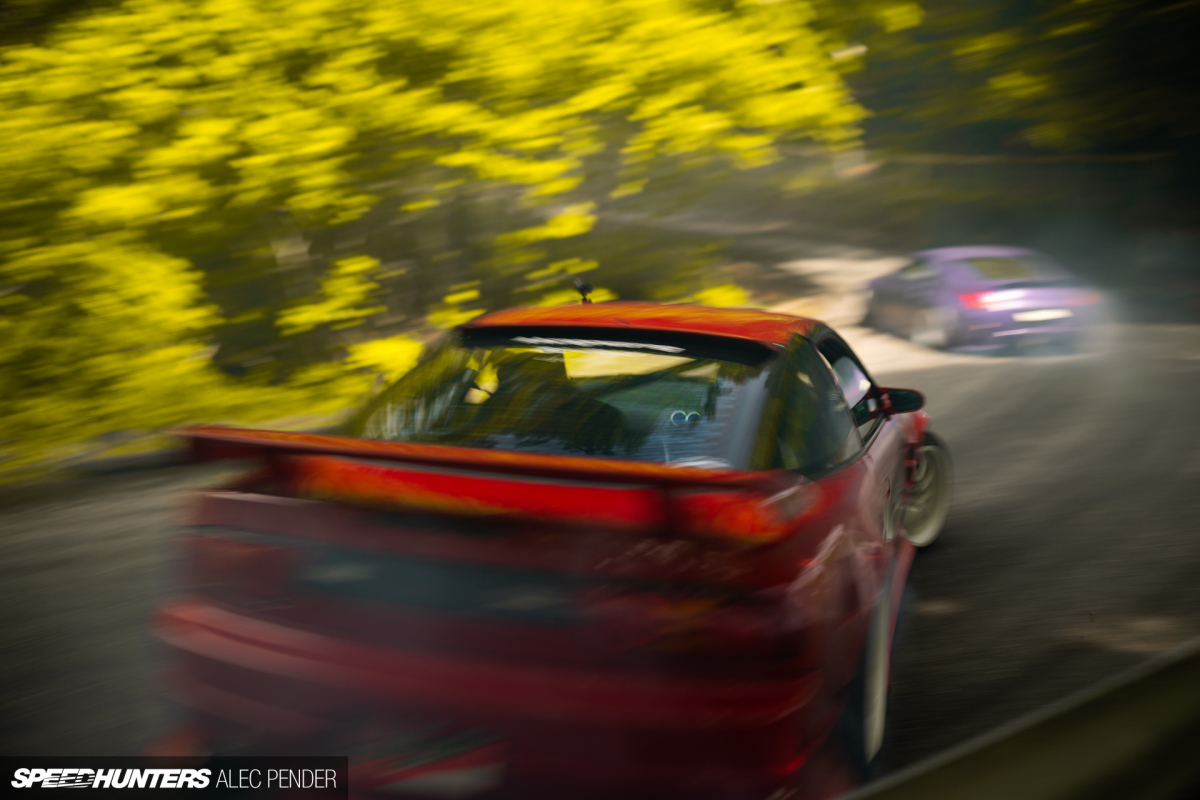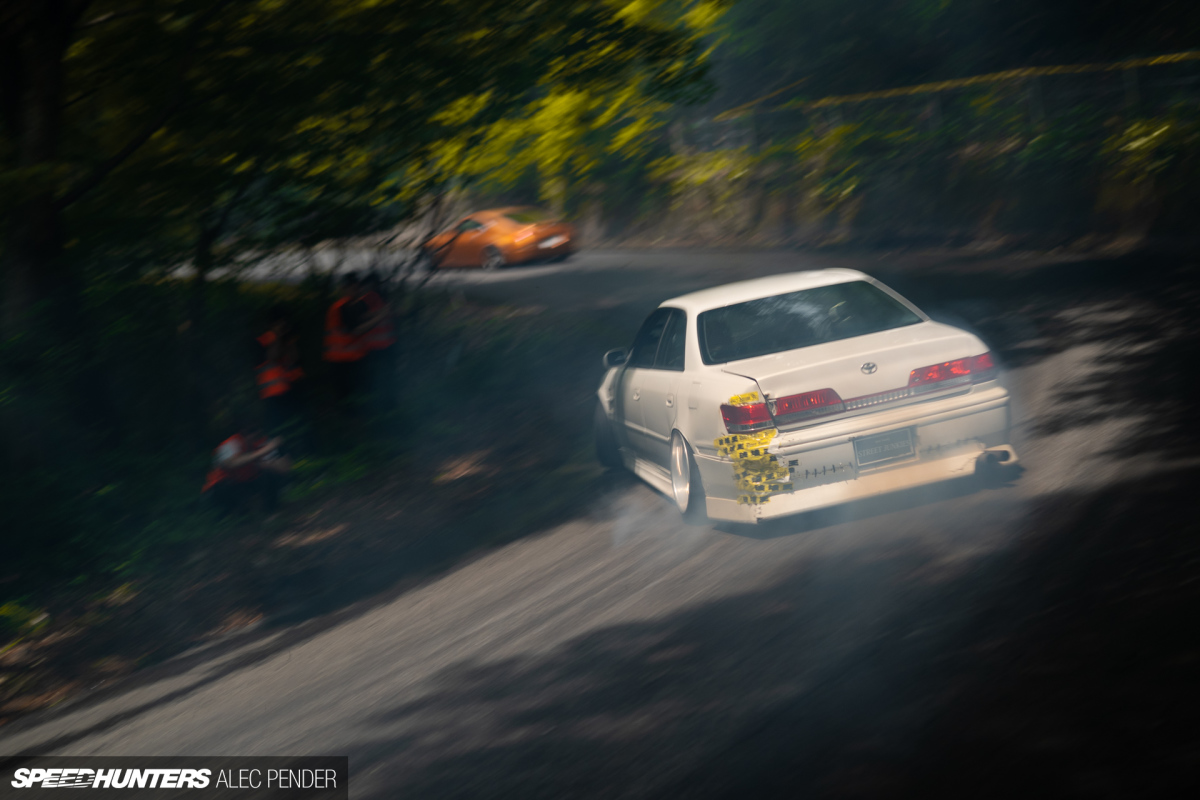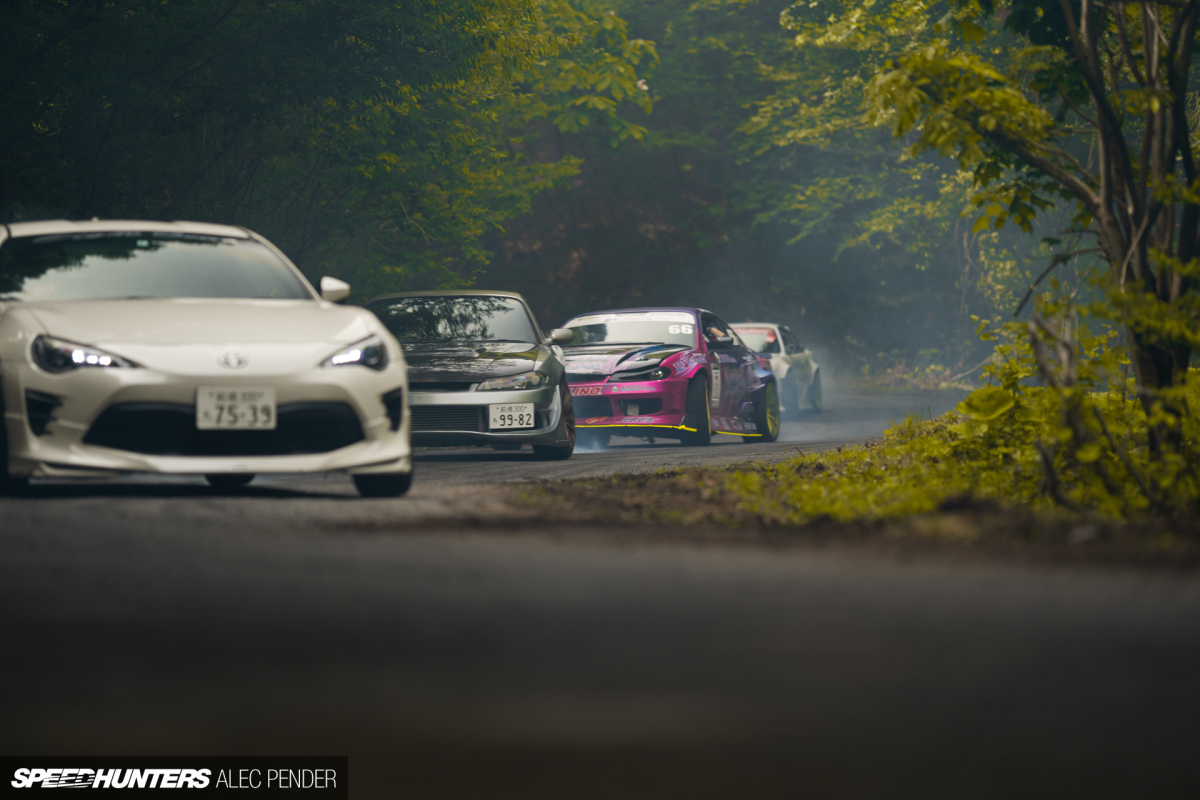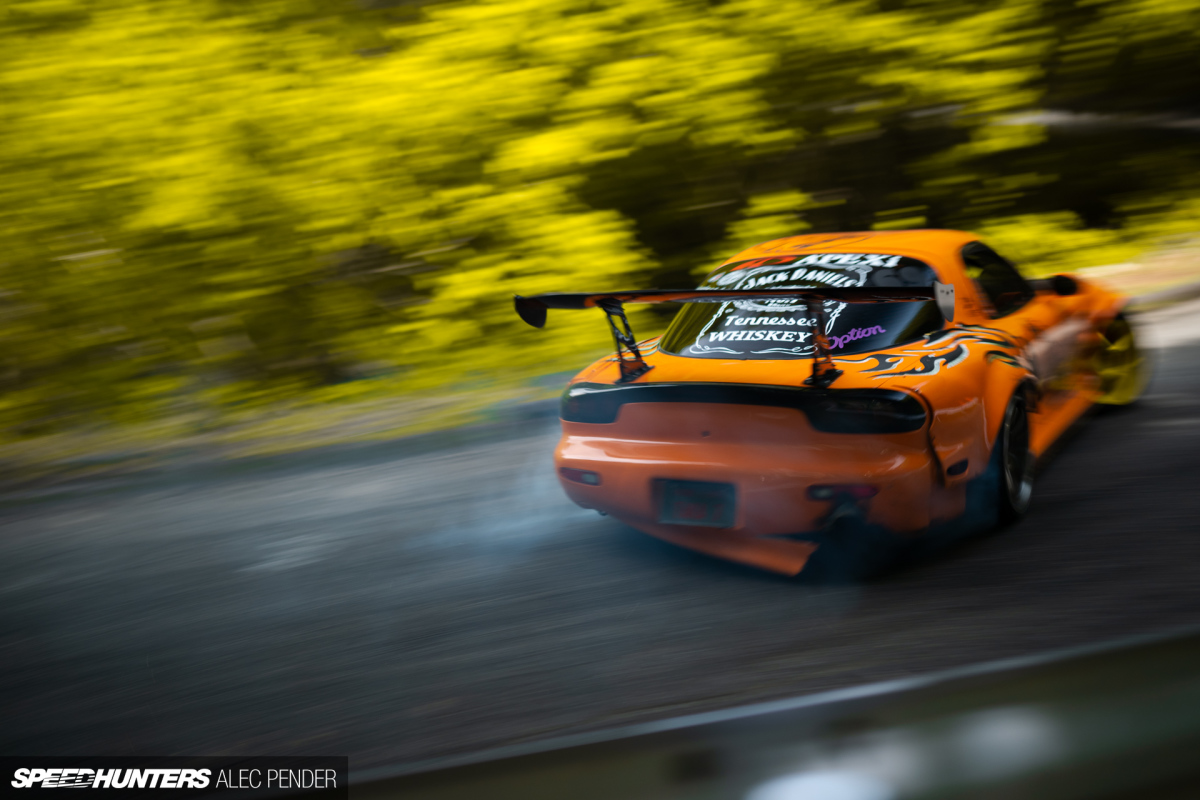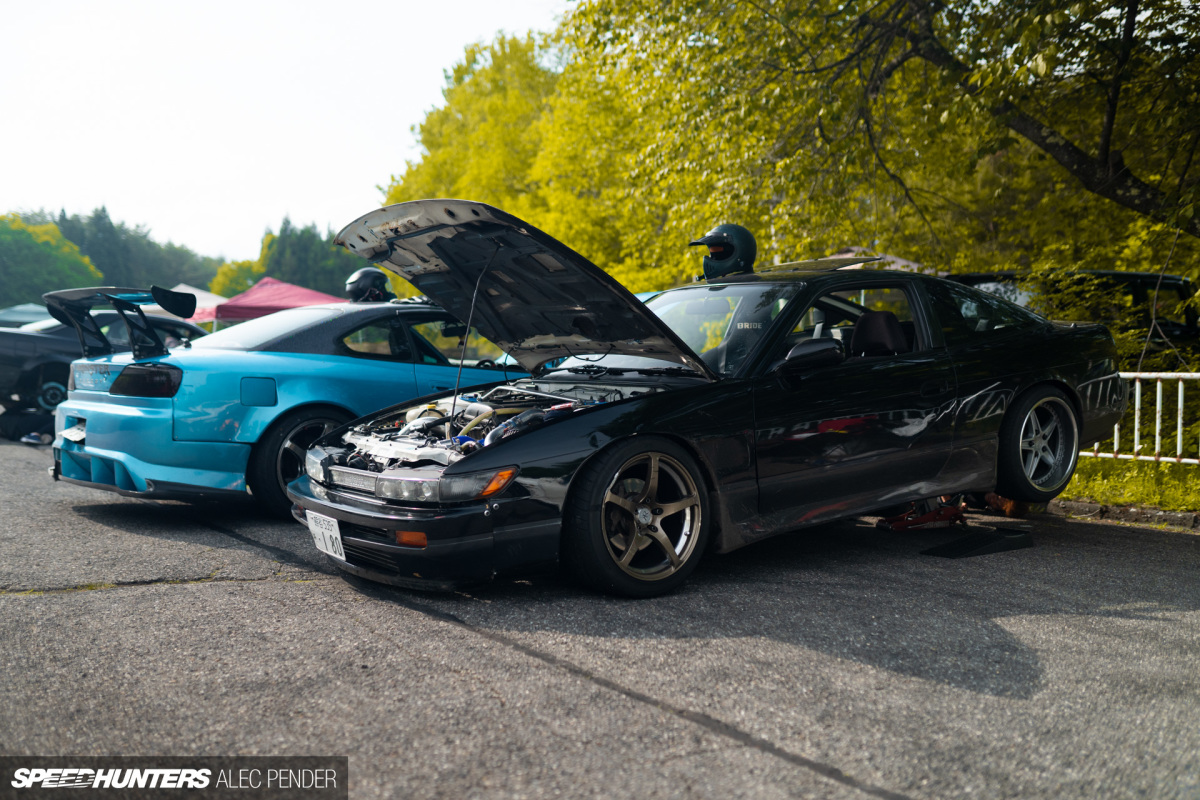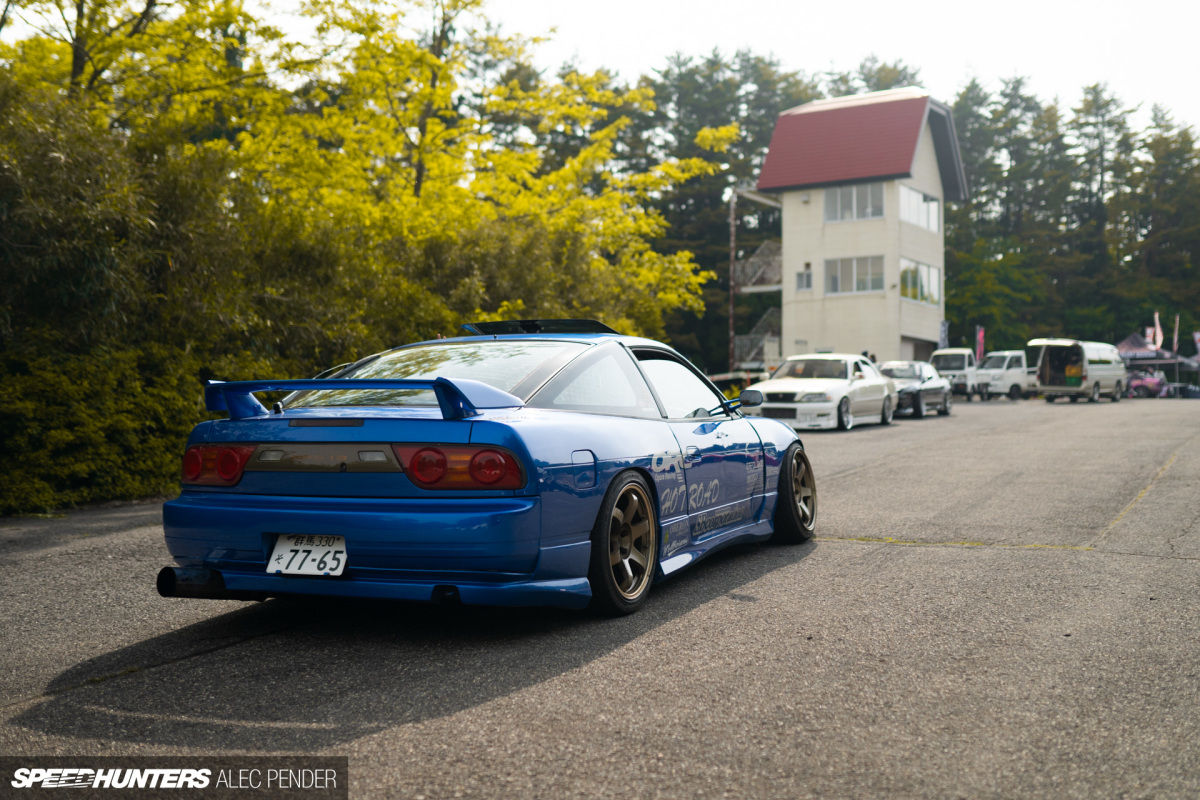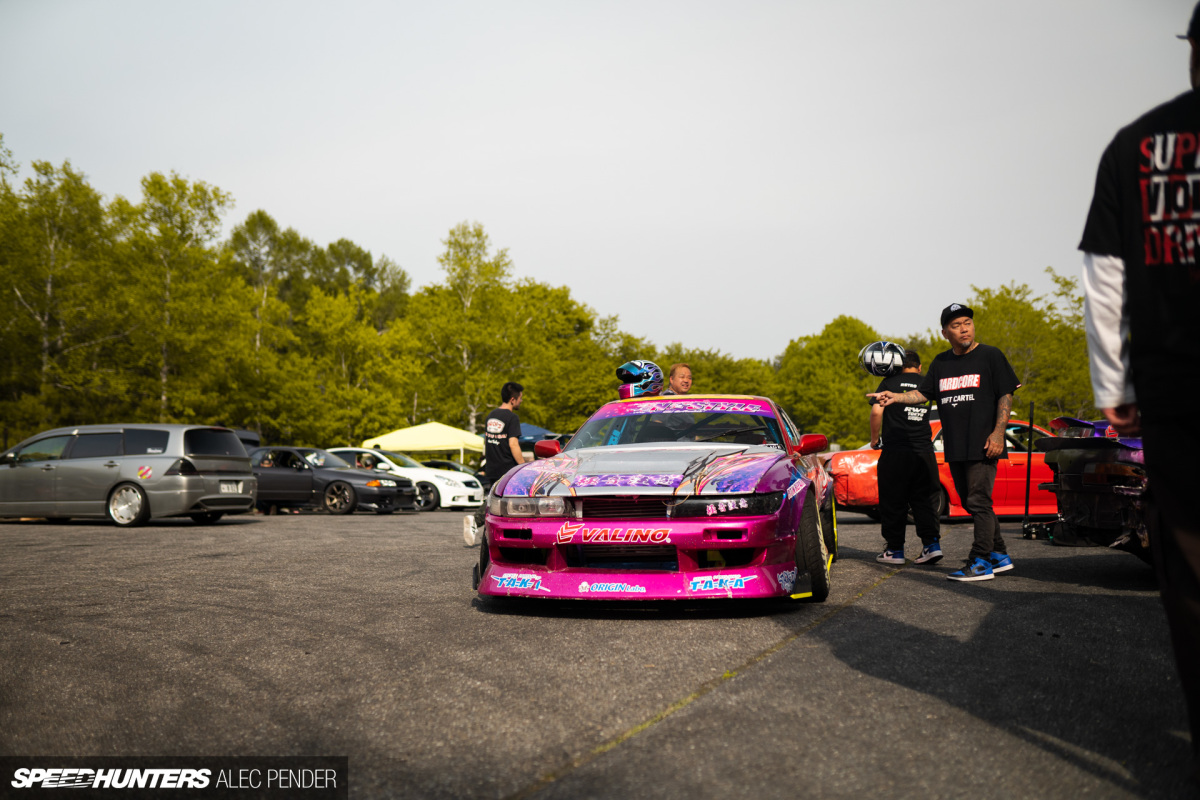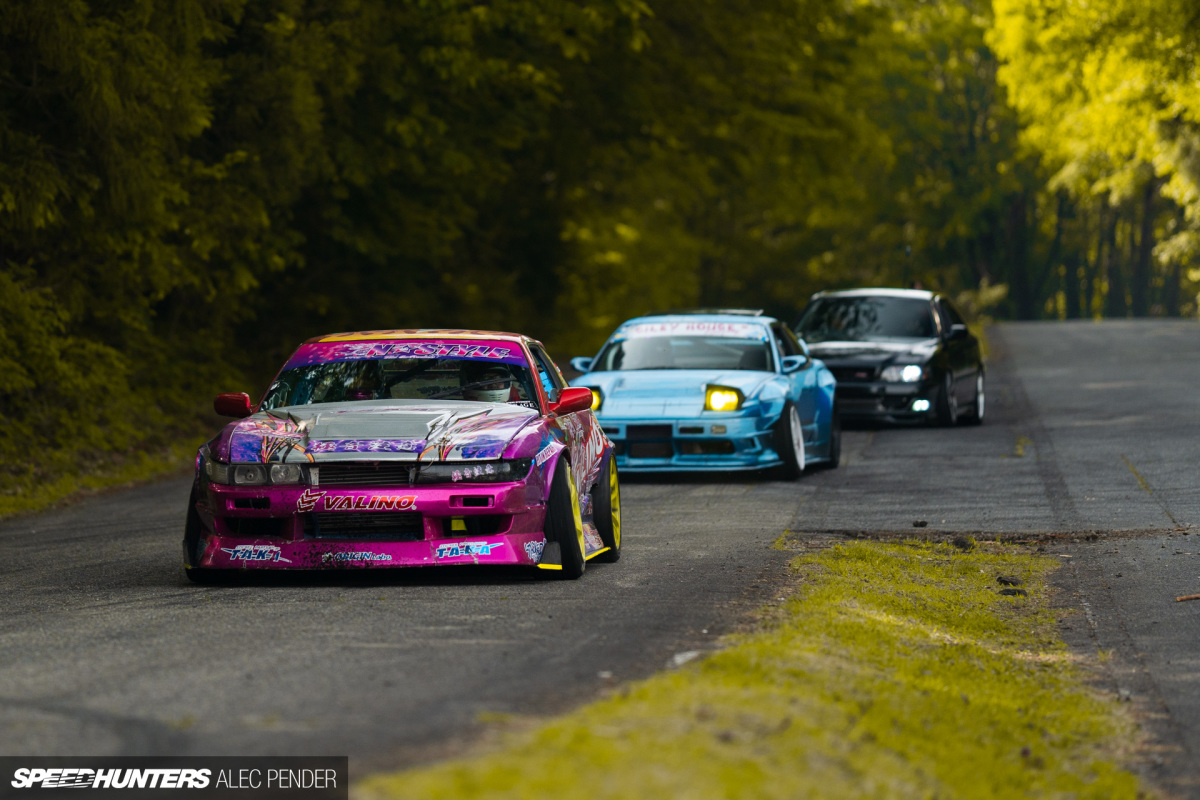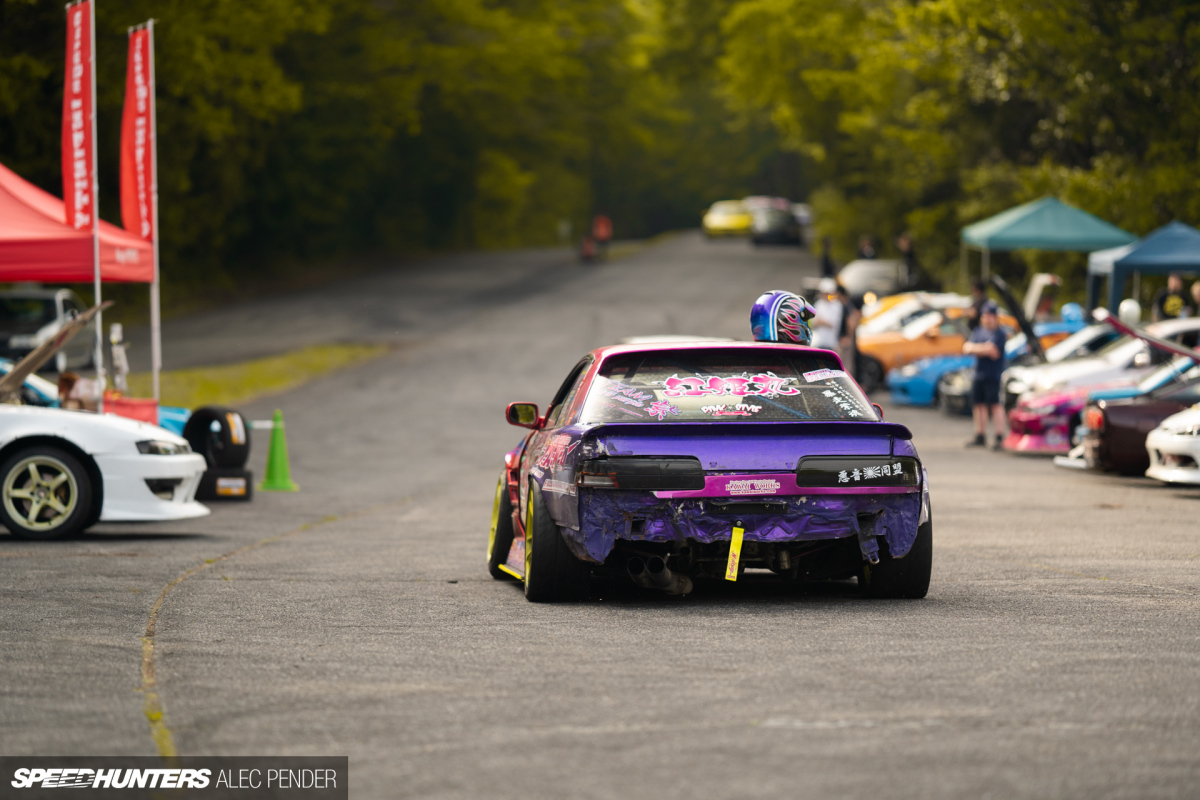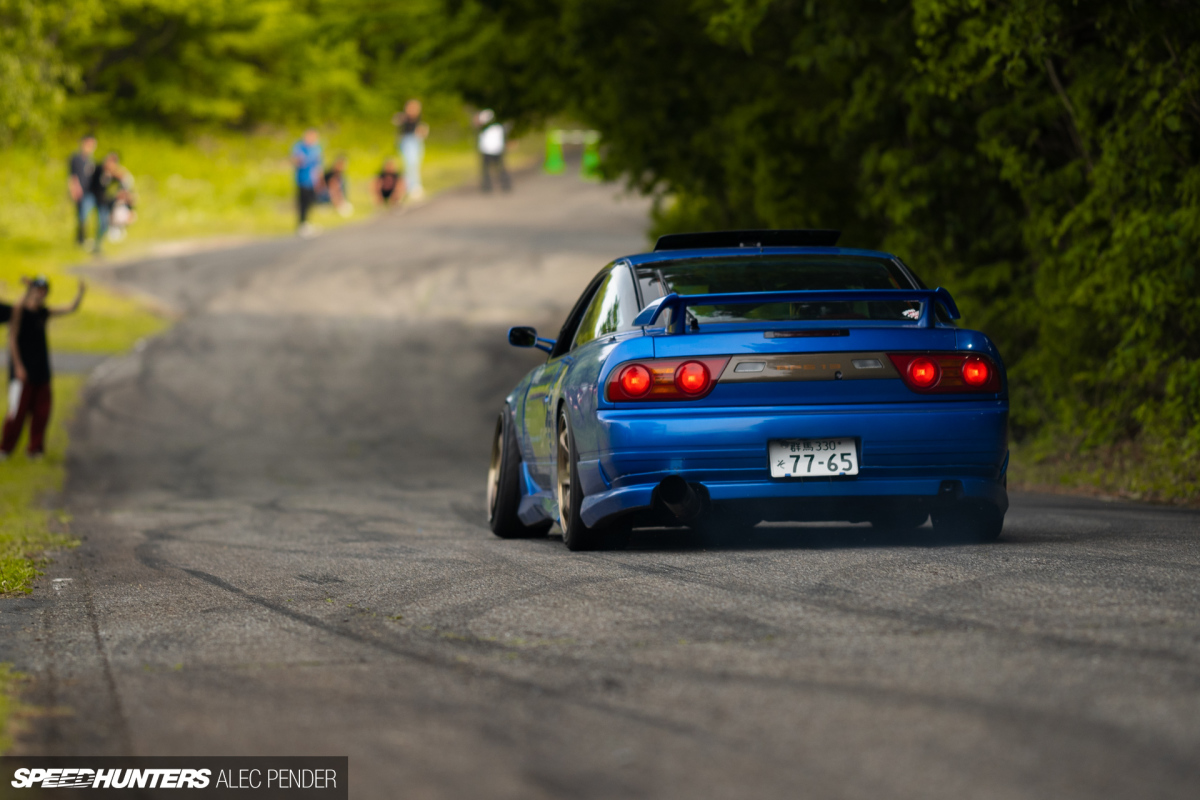Nestled amongst the hills of Gunma Prefecture northeast of Tokyo, the Gunma Cycle Sports Center – otherwise known at the Gunsai touge – has earned its reputation as one of the most iconic and challenging driving venues in Japan.
With its sharp hairpin turns, steep inclines and breathtaking views, this legendary spot has become a mecca for automotive enthusiasts and adrenaline junkies alike.
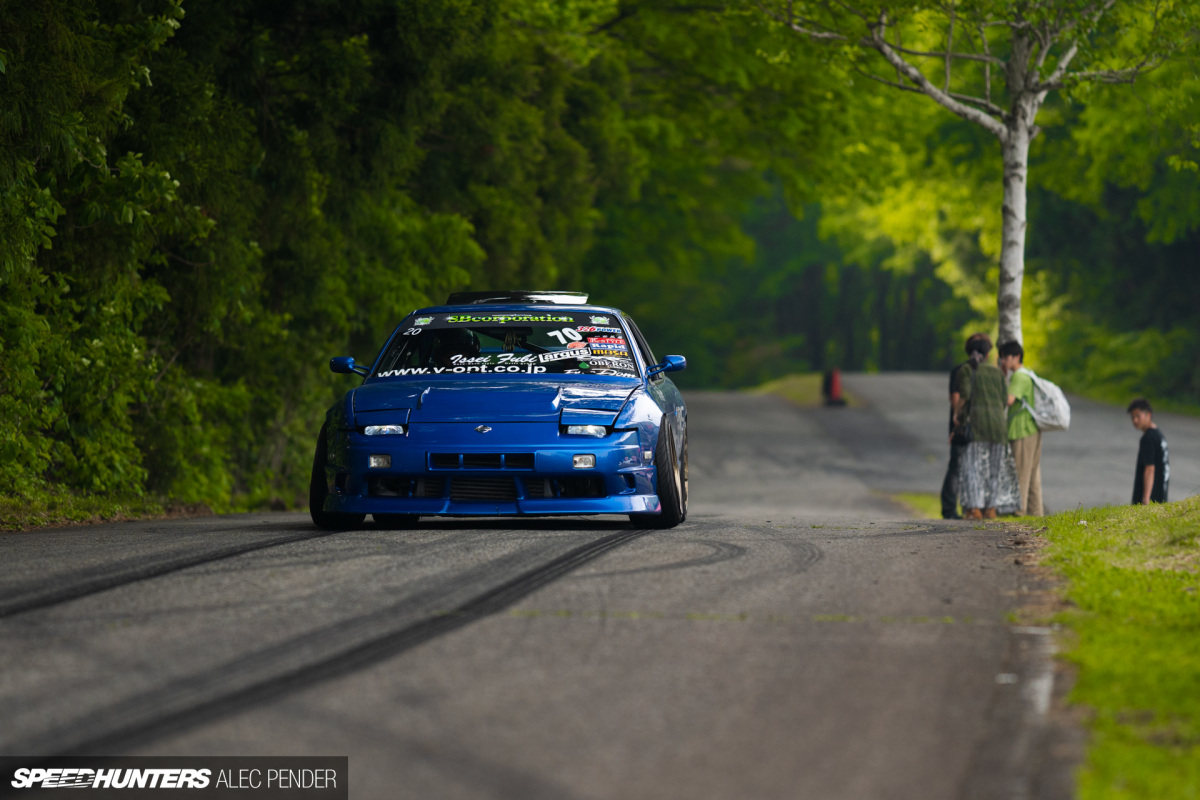
Gunsai is an active cycling venue for our two-wheel-inclined friends to stretch their legs in an environment that simulates winding mountain roads. And in addition to its cycling roots, Gunsai is also home to a spattering of theme park style attractions. But that’s not what you’re here to read about.
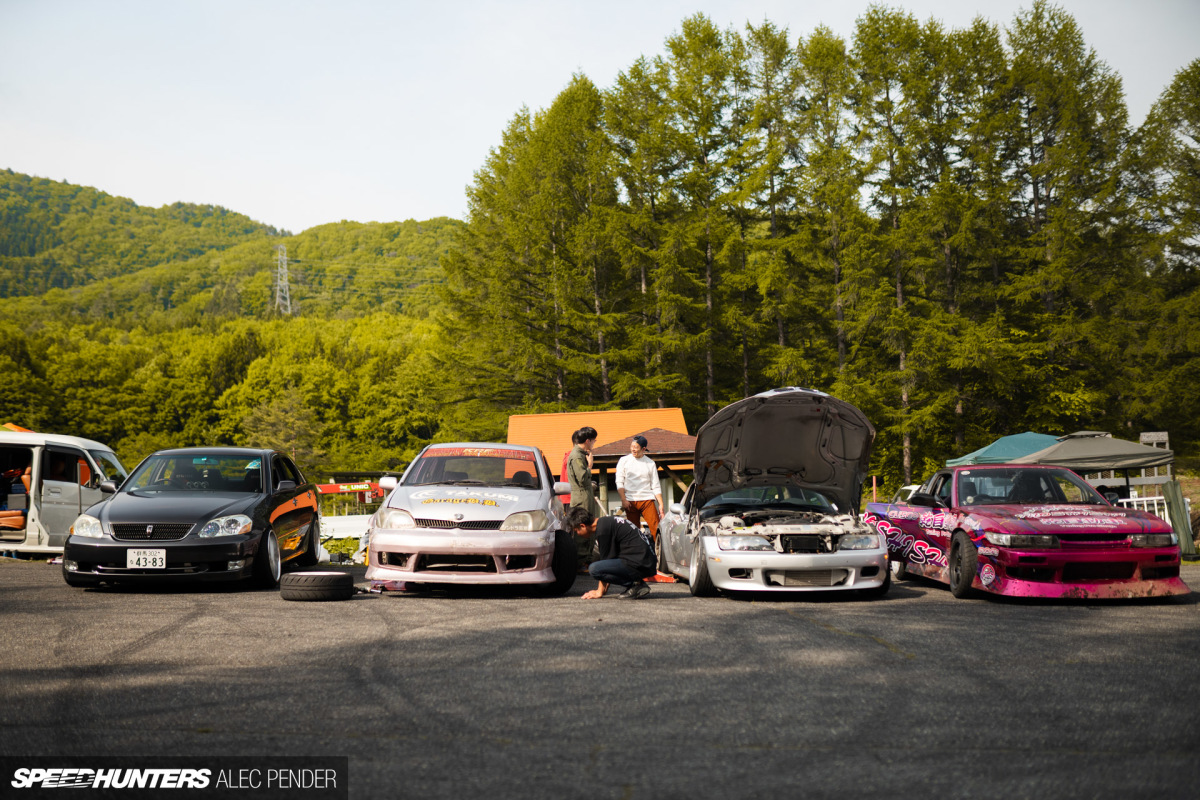
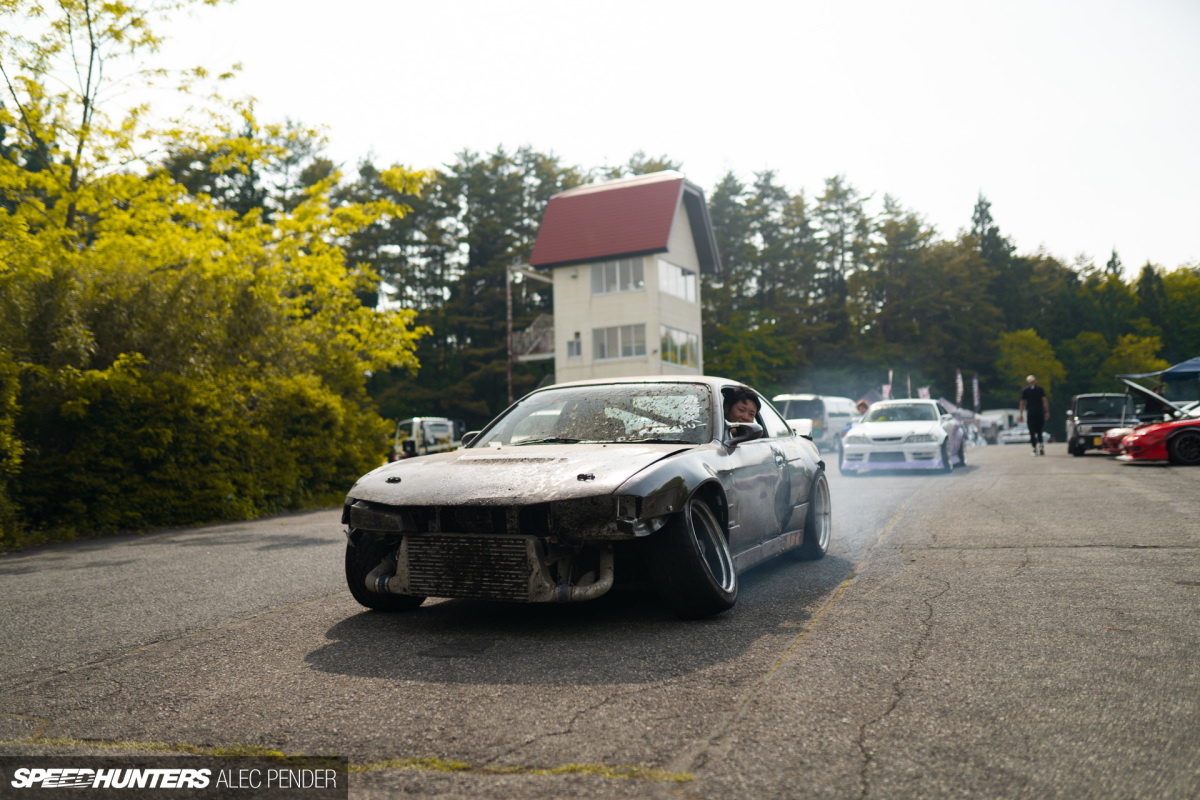
With motorsport history stretching back to the early 2000s, it’s quite a surprise that Gunsai touge has only been a grassroots drifting hotspot for the past decade, with public events occurring few and far between. When public drift events are announced, entries to drive this iconic venue are highly contested, and it’s easy to see why.
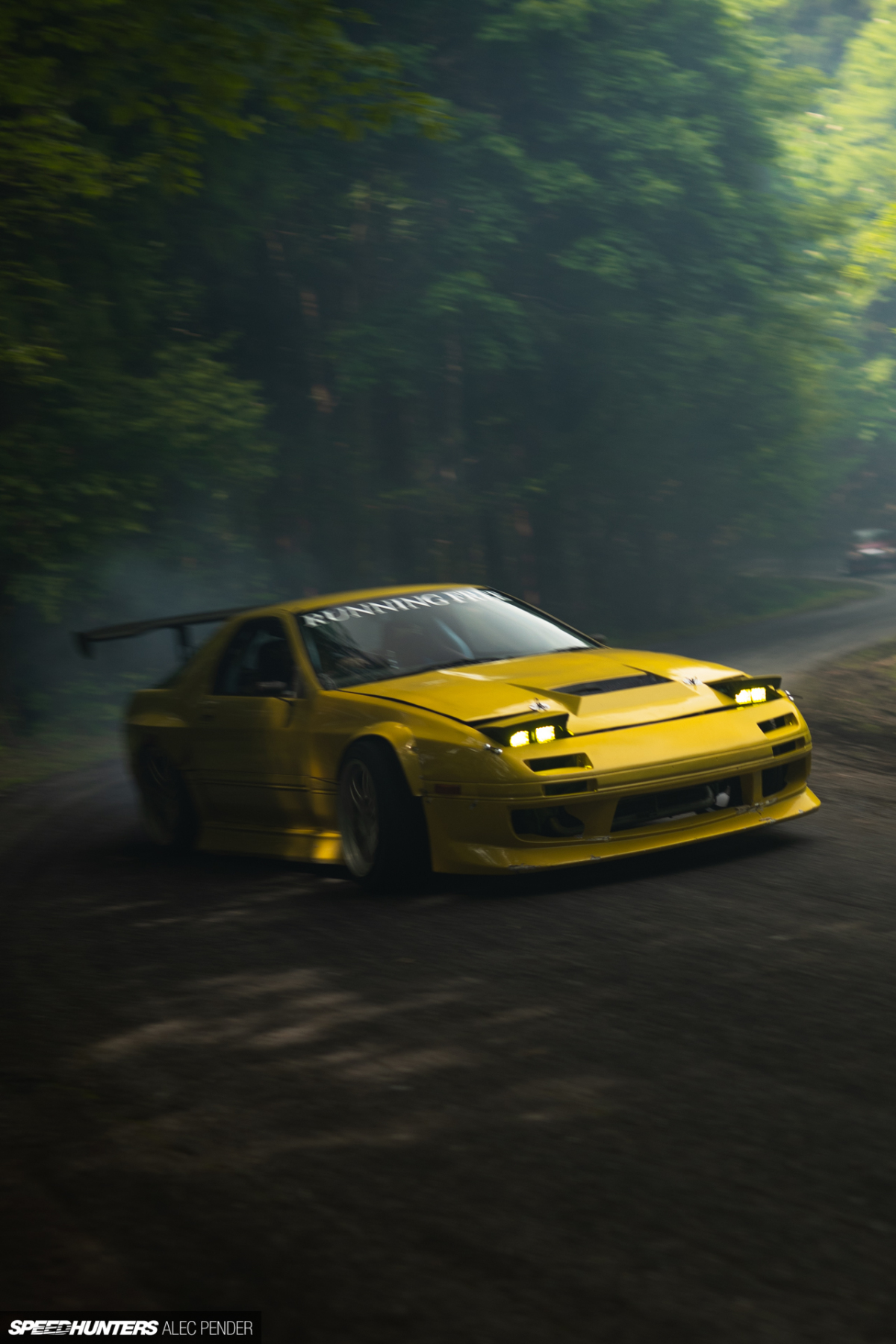

With street drifting on the decline in Japan due to increased police presence, harsh penalties and road safety initiatives, it’s obvious why closed-road venues at Gunsai attract so many people. There’s a time-old notion of ‘leaving it for the track, but replicating the pure adrenaline of drifting on a mountain road is simply impossible on a normal circuit. Ask any drifter you know; they’ll tell you the same thing.
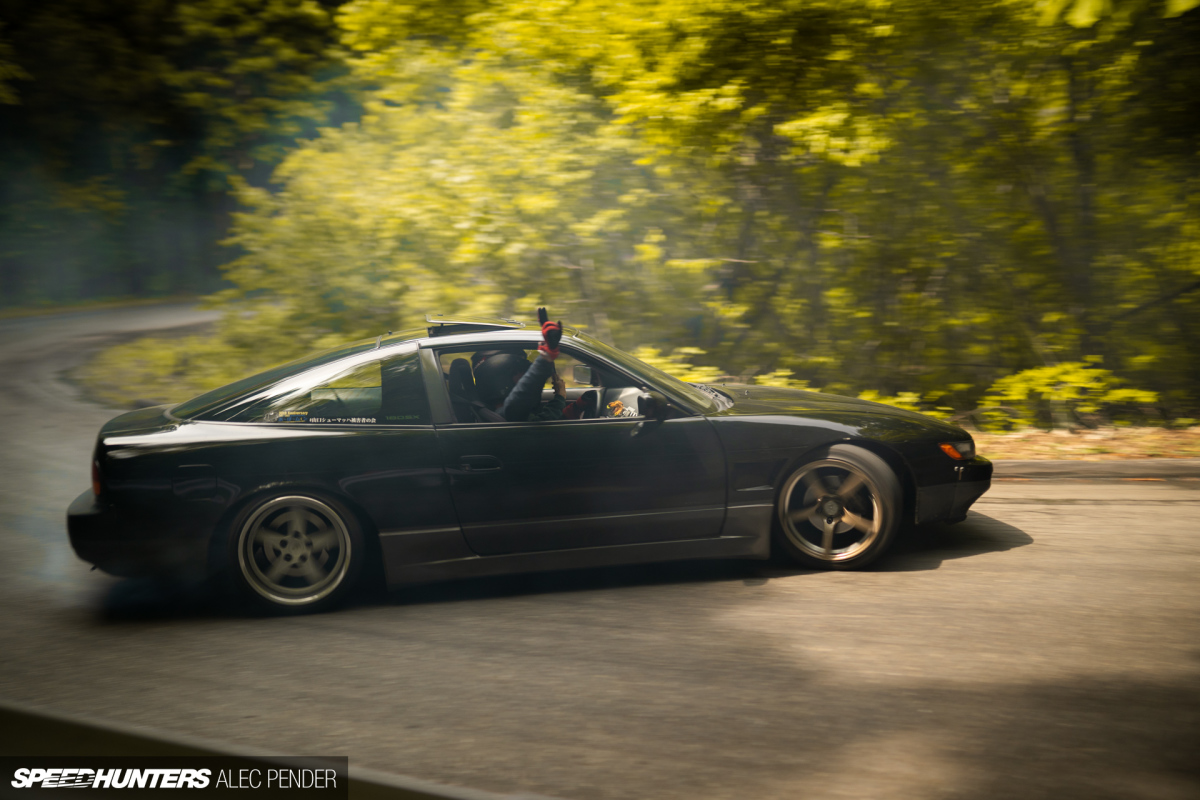
There’s no shortage of vehicular casualties at Gunsai – the abundance of guard rails and rock walls undeniably commands a significant presence, even when cruising through on a sight lap. No matter what tickles your automotive fancy, it’s tough to watch enthusiasts throw hours of blood, sweat, tears and money away on a single corner.

Whilst the future of drifting at Gunsai touge is difficult to predict, it’s fair to say that having any opportunity for these events has been a blessing to the Japanese drift community.
Alec Pender
Instagram: noplansco
More stories from Japan on Speedhunters
